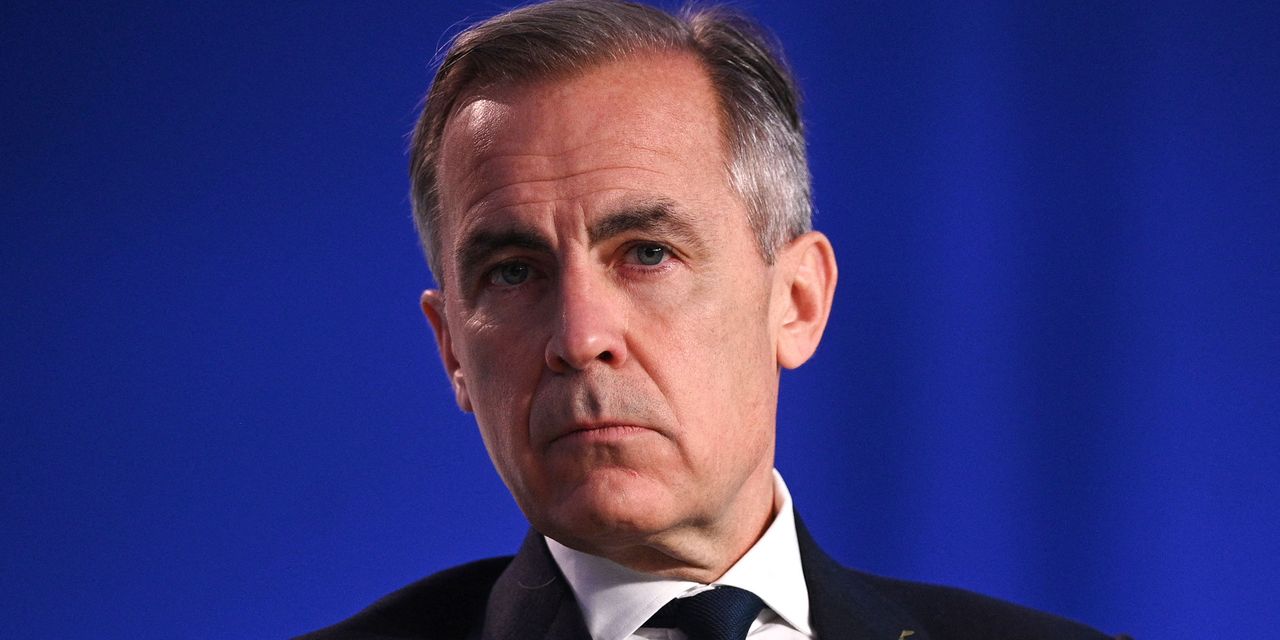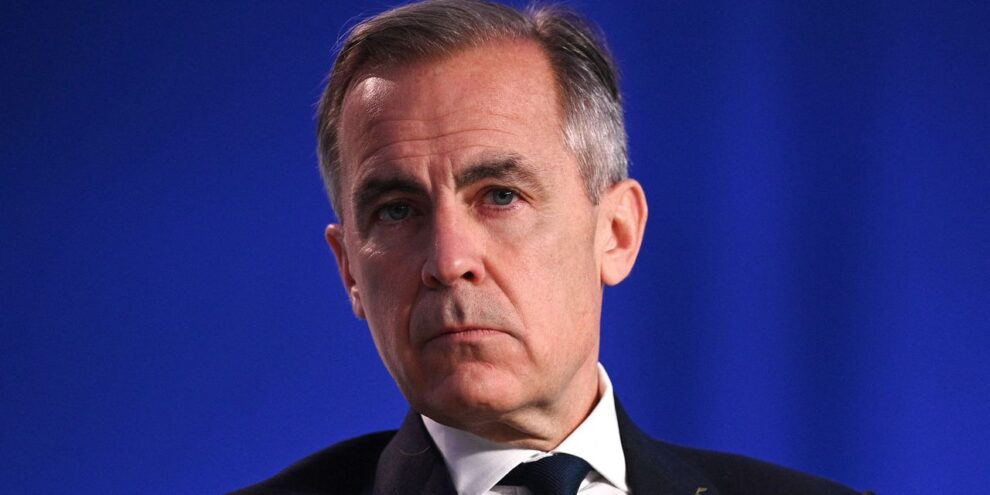
Fewer than half of 150 major banks and financial institutions, some that joined a high-profile climate pledge, have limited their business with the oil-and-gas sector to the degree expected to limit global warming by 2050.
That’s alleged by the Paris-based nonprofit Reclaim Finance and research partners in a Tuesday report that includes a policy tracker.
The tracker indicates that despite many of the banks XLF, -0.10%, insurers, investment managers and large investors pledging to tackle climate change by restricting support for the oil-and-gas industry, their policies remain “too flawed” to align their business with their net-zero 1.5 degree Celsius targets — the global warming cap set several years ago as part of U.N. efforts. These groups think banks and others who drive capital to the energy industry should draw a clearer line against oil and gas expansion during the global transition to cleaner energy.
The research targets more than 150 large financial institutions with $70 trillion in total assets. Of the whole group, 74 belong to the Glasgow Financial Alliance for Net Zero, a voluntary pact created last year. Its high-profile leadership includes U.N. Special Envoy for Climate and former Bank of England head Mark Carney, former New York Mayor and media billionaire Michael Bloomberg and former SEC Chairman Mary Shapiro. Principals within the group include the executive leadership of Bank of America BAC, -0.14%, Citi C, -0.65% and BlackRock BLK, -0.64%.
All members set science-aligned interim and long-term goals to reach net zero no later than 2050 in line with the criteria of the U.N. Race to Zero campaign. Member-determined short-term targets and action plans will supplement these goals, the alliance’s statement reads.
“This is the breakthrough in mainstreaming climate finance the world needs,” Carney said of the pact during the U.N.’s major annual climate meeting in Scotland. U.S. climate envoy John Kerry and British Prime Minister Boris Johnson also gave their praise for the financial pact at the time.
The tracker scores the oil and gas exclusion policies 60 banks, 30 insurers and 60 institutional investment firms, looking at three key indicators: restrictions on new oil and gas projects, restrictions on companies developing new oil and gas projects and strategies to phase out oil and gas.
More than half of the companies tracked — including 20 of the GFANZ members — have no policies governing their oil-and-gas business. Most policies focus on restricting direct project support but still enable support at the company level.
“ The voluntary Glasgow Financial Alliance for Net Zero ‘is the breakthrough in mainstreaming climate finance the world needs.’”
The most common restrictions are bans on several kinds of unconventional oil. More than a third of the firms limit Arctic and oil sands work, for instance, with fewer prohibitions set for shale or deepwater oil. Just five companies, all banks, have quit or limited financing oil and gas expansion, according to the research.
And the research dug into the details on some pledged restrictions. For instance, 46 of 54 pledges limiting Arctic oil and gas fail to use the common guidelines developed by a unit of the Arctic Council, a group of countries and peoples with land in the far north.
“The [tracker] confirms what [the upcoming] Banking on Climate Chaos report numbers reveal year after year: the loopholes in banks’ policies are too big to stop billions from flowing to the oil and gas industry’s expansion plans,” said Alison Kirsch of the Rainforest Action Network, which worked on this research.
Even the influential watchdog, the International Energy Agency, in a report last year took a tougher stance on new drilling. According to the IEA, there is a narrow but viable pathway for redesigning a global energy sector that produces net zero greenhouse gas emissions by 2050, and the world must stop investing in new oil and gas wells in order to hit ambitious climate goals.
“‘The loopholes in banks’ policies are too big to stop billions from flowing to the oil and gas industry’s expansion plans.’”
Notably, there’s been a split between some environmental groups and climate-focused policy leaders over how much support to give traditional energy companies and their financial sources during the transition to “cleaner” energy. Those backing oil and gas giants in playing a role in the switch often stress the reach, infrastructure and profit drive these companies have to adapt or fail. They argue that the world will need transition years with a mix of energy sources, and they’ve argued that case even louder when the Russian invasion of Ukraine sent energy markets roiling.
Alternative-energy groups and leading Democrats conversely have said domestic wind, solar, nuclear and other sources ICLN, -0.71% need greater investment sooner in order to cut reliance on the traditional energy supplied by an unpredictable Russia.
Read: EU decries ‘war crimes’ in Ukraine as it debates whether to ban Russian oil








